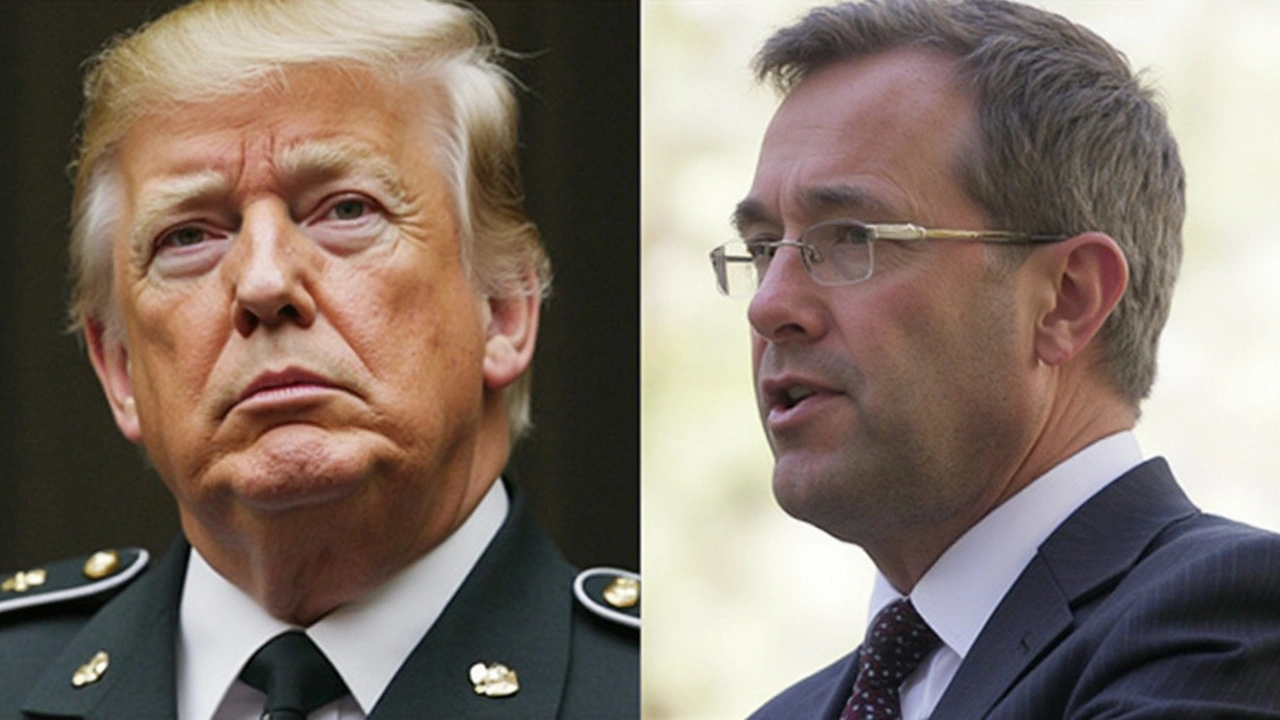Geopolitical Tensions Explained in Simple Terms
Ever wonder why the news keeps talking about "geopolitical tensions"? It’s just a fancy way of saying countries are at odds, borders are shaky, or leaders can’t agree on big issues. When nations clash, it ripples through markets, travel plans, and even the price of the groceries you buy. Let’s break down what’s happening right now and why it matters to you.
What’s Driving the Current Tensions?
Right now, three big stories dominate the headlines. First, the rivalry between India and Pakistan over border disputes keeps the region on edge. Second, trade wars between the United States and China are causing supply‑chain headaches for everything from smartphones to cotton. Third, the conflict in Eastern Europe has drawn in NATO allies, sparking debates about energy security and defense spending.
Each of these issues has its own history, but together they create a perfect storm of uncertainty. When leaders trade threats on social media or hold surprise military drills, markets react fast—stock prices dip, currencies wobble, and investors look for safer spots like gold.
How These Tensions Touch Your Everyday Life
You might think geopolitics is only for diplomats, but it actually touches your daily routine. Higher oil prices mean more money at the pump, which can increase the cost of food delivery. Travel visas become stricter when countries feel threatened, so a trip you planned could need extra paperwork. Even your favorite streaming shows can be affected if a production studio faces sanctions.
Keeping an eye on the news helps you stay ahead. If you notice a slowdown in a particular industry, it might be linked to a trade dispute. Spotting early signs of a currency shift can help you decide whether to lock in a mortgage rate or wait.
Practical Ways to Stay Informed
Don’t let the flood of information overwhelm you. Pick a few reliable sources—local newspapers, reputable international outlets, or official government briefings. Set up simple alerts for keywords like "geopolitical" or the names of regions you care about. Social media can be useful, but double‑check facts before sharing.
Also, think about diversifying where you keep your money. A mix of savings accounts, low‑risk bonds, and perhaps a small amount of commodities can protect you if markets get jittery. If you travel often, keep copies of your passport, visa, and travel insurance in a cloud folder you can access anywhere.
Finally, talk to people around you. A quick chat with a coworker or a family member can give you a fresh angle on a story you thought you understood.
Geopolitical tensions may sound like a heavy topic, but breaking them down into everyday impacts makes them manageable. By staying curious, using a few trusted news sources, and taking simple financial steps, you can navigate the uncertainties without losing sleep.
